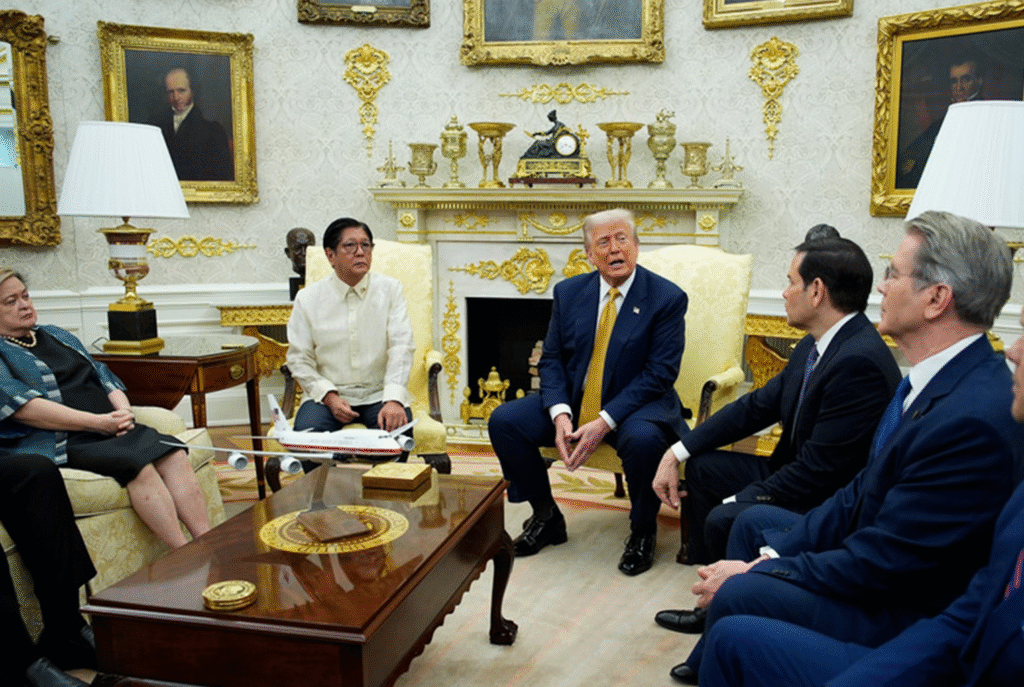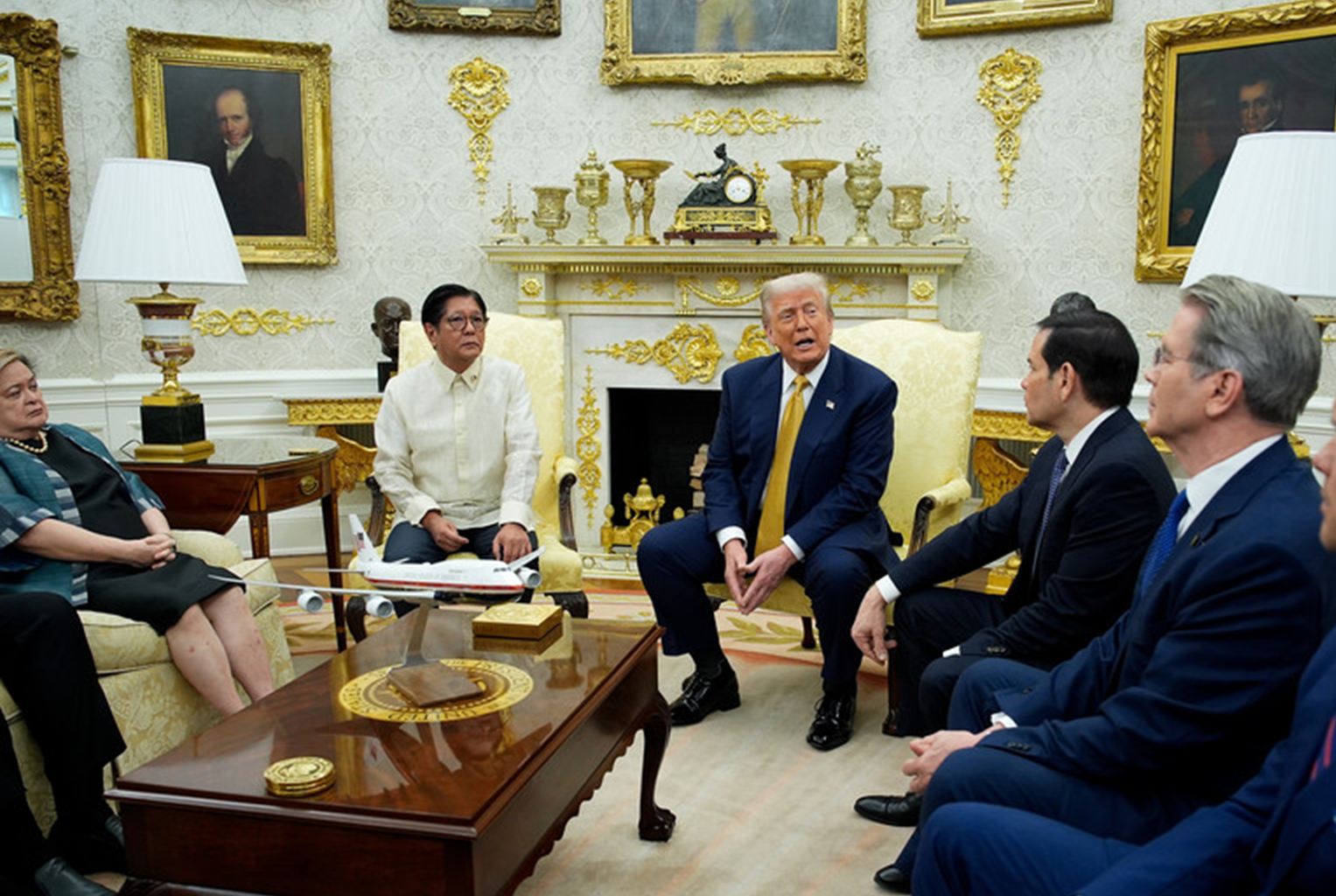The implementation of tariffs by the Trump administration has created significant waves across the United States, and the Filipino community is no exception. With over 4 million Filipinos making substantial contributions to the American economy and culture, understanding the effects of these tariffs is essential. This article explores the implications of Trump’s tariffs on Filipinos residing in the U.S., examining their economic, social, and cultural impacts.
Understanding Tariffs and Their Purpose
Tariffs are taxes applied to imported goods, designed to protect domestic industries from international competition. The Trump administration introduced several tariffs, particularly targeting China, as part of a broader trade strategy. While the goal was to boost American manufacturing and reduce trade deficits, the effects of these tariffs have proven complex and varied.
For Filipinos in the U.S., who have made their mark in sectors like healthcare, technology, and hospitality, the impact of increased costs can create ripple effects in their daily lives.
Economic Impact on Filipinos
Job Market Dynamics
One immediate effect of tariffs is their impact on the job market. Industries dependent on imported materials have faced heightened costs, which can lead to job cuts or reduced hiring. For instance, many Filipinos employed in manufacturing and retail may feel vulnerable as companies adjust their workforce in response to these economic pressures.
A notable example lies in the healthcare sector. Many Filipino workers are nurses and caregivers. If hospitals face increased costs for medical supplies due to tariffs, they may resort to budget cuts that could adversely affect staffing levels, leaving these workers with uncertain job prospects.
Cost of Living Increases
Tariffs often result in higher prices for everyday consumer goods. As companies pass these costs on to consumers, Filipinos in the U.S. may notice increased prices for essentials, ranging from groceries to clothing. The reality is stark: a study found that, on average, tariffs increased consumer prices by 1.4% between 2018 and 2020. For families already managing tight budgets, such price hikes can strain their finances.
Furthermore, many Filipinos send remittances back home to support families. If rising living costs diminish disposable income, it could limit their ability to provide financial assistance to loved ones in the Philippines, potentially impacting hundreds of thousands of families who rely on this support.
Social and Cultural Implications
Community Support Systems
The Filipino community in the U.S. is characterized by tight-knit support networks centered around churches, community organizations, and cultural events. However, economic strains from tariffs put these networks at risk. As individuals grapple with job losses and rising expenses, participation in community activities may decline, weakening social bonds.
Many community groups rely on donations and fundraising to sustain their activities. If tariffs financially burden members, their contributions may dwindle, diminishing the cultural richness of Filipino life in the U.S.
Cultural Identity and Resilience
The Filipino community has a rich history of resilience, and cultural identity plays a vital role in this enduring spirit. Events like fiestas, food fairs, and cultural celebrations are more than just festivities—they are vital expressions of community and a sense of belonging.
Yet, as economic pressures escalate, focus may shift from celebrating culture to simply surviving. A decline in cultural events could lead to diminished visibility and representation, threatening the community’s distinct identity and making it harder to forge intergenerational bonds.
The Broader Context of U.S.-Philippines Relations
Trade Relations
Historically, the Philippines has been a strong ally of the U.S. in Southeast Asia, and trade relations are a key component of this partnership. Tariffs can complicate these relationships, potentially impacting bilateral agreements. For instance, sectors like agriculture and textiles, critical for both nations, may face challenges affecting jobs for Filipinos working in these industries.
Immigration Policies
The political landscape surrounding tariffs intersects with immigration policies. During Trump’s presidency, immigration became a contentious topic, and the uncertainty around tariffs may exacerbate fears among Filipinos about their legal status in the U.S.
Many Filipinos are on temporary work visas or are permanent residents. As the economic ramifications of tariffs unfold, scrutiny of immigration policies could intensify, potentially jeopardizing job security and the ability to remain in the U.S.
Strategies for Coping with Economic Challenges
Community Engagement
In response to the economic challenges posed by tariffs, community engagement becomes crucial. Filipinos can unite to support one another through local organizations, which offer resources such as job training, financial literacy workshops, and mental health support.
By fostering community ties, Filipinos can create a network that empowers individuals to navigate the economic landscape more effectively. Collective advocacy for policies that safeguard the community is also vital.
Financial Planning and Education
Enhancing financial literacy is crucial for mitigating the effects of rising costs resulting from tariffs. Community organizations should provide education on budgeting, saving, and investing. By equipping individuals with practical knowledge, families can better withstand economic pressures.
Additionally, exploring alternative income sources—like side businesses or freelance work—can help families establish financial security amid job instability.
Final Thoughts
The impact of Trump’s tariffs on Filipinos living in the United States is complex, as it interconnects economic, social, and cultural dimensions. The strain may first manifest in concerns about job security and rising prices, but its long-term implications could reshape community dynamics and identity.
As the Filipino community confronts these challenges, resilience and unity will be essential. By supporting one another and advocating for policies that promote economic stability, Filipinos can continue to thrive despite adversity.











